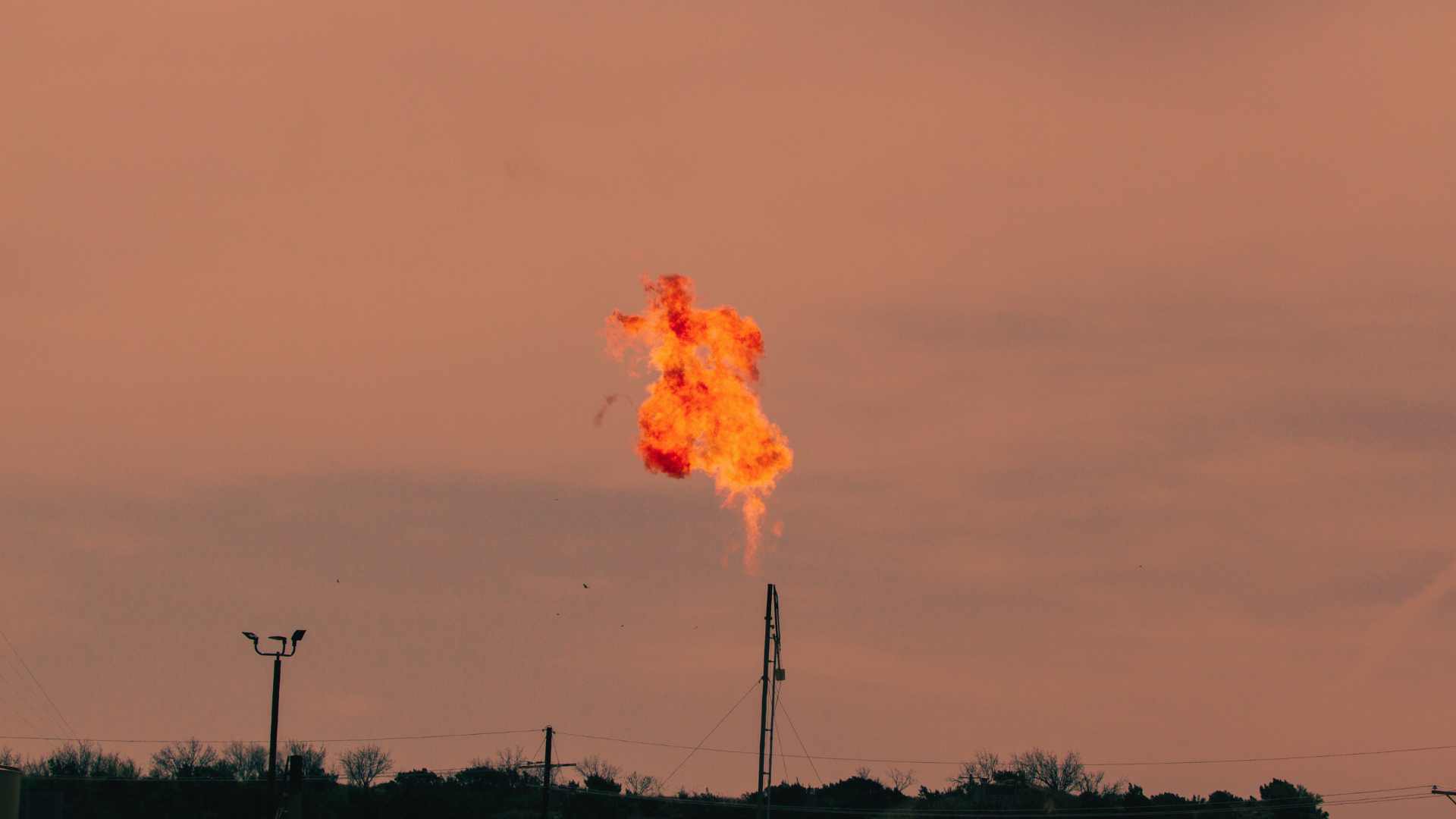
Exclusion of scope 3 emissions from SEC disclosure rule is a victory for private equity firms
Investors put at risk as large private equity firms report only fractions of their actual emissions
March 6, 2024
Statement from Chris Noble, policy director at the Private Equity Stakeholder Project (PESP), on Wednesday’s SEC vote on a final version of its climate disclosure rule:
The SEC rule now removes any requirements for public companies to disclose scope 3 emissions, and requirements for companies to report scope 1 and scope 2 have been scaled back.
“As climate change manifests in growing threats to companies and the economy, the SEC has a critical role to play in establishing rules around how market participants account for their contributions to climate change, their risks, and their mitigation efforts. This includes companies that are publicly traded and those that are privately held. Without stronger disclosure requirements for both listed and unlisted companies, the SEC cannot fulfill its mission to protect investors; maintain fair, orderly and efficient markets; and facilitate capital formation.
“Private equity firms consistently limit disclosure of the extent of their energy portfolios to their investors and to the public. The top private equity firms we track intentionally want their fossil fuel investments to remain shrouded in secrecy. Without required disclosure of all types of fossil fuel emissions, many blind spots arise around the hazards private equity firms pose to their investors.
“Much of private equity’s capital is drawn from institutional investors with fiduciary obligations to public and private pension funds, all of which need fuller disclosure to understand the risks. With so little of their energy portfolio being self-disclosed, these firms have now created large climate risks for the investors providing their capital. Private equity’s dirty investments must be showcased for the world to see.”
The omission of the Scope 3 emissions represents a victory for the publicly-listed private equity players such as Brookfield, Apollo, The Carlyle Group, KKR, and Blackstone. Such an omission in reporting requirements will allow firms to report lower carbon emissions to their investors while continuing to invest in polluting companies and assets. A Private Equity Climate Risks (PECR) scorecard from 2022 found that 10 of the largest PE firms in North America had at least 80% of their energy portfolios in fossil fuels.
For example, in its most recent ESG report, The Carlyle Group reported emissions of 10,903 metric tons (MT) CO2e in 2021. An analysis by the Private Equity Climate Risk consortium released in April 2023 estimated Carlyle’s portfolio companies generated 62 million MT CO2e in 2021, meaning Carlyle reported just 0.018% of its emissions. Conversely, PECR found that Carlyle and its portfolio companies generated over 5,686 times the emissions that Carlyle actually self-reported.
The December 2023 PECR analysis of Brookfield found that the firm and its subsidiary Oaktree Capital have invested in over 215 fossil fuel assets, emitting nearly 159 million MT CO2e. This amount is 14 times higher than the figures Brookfield disclosed (11.8 million MT CO2e) in its most recent sustainability report.
You can view PESP’s full comment on SEC climate change disclosures from 2021: https://pestakeholder.org/wp-
